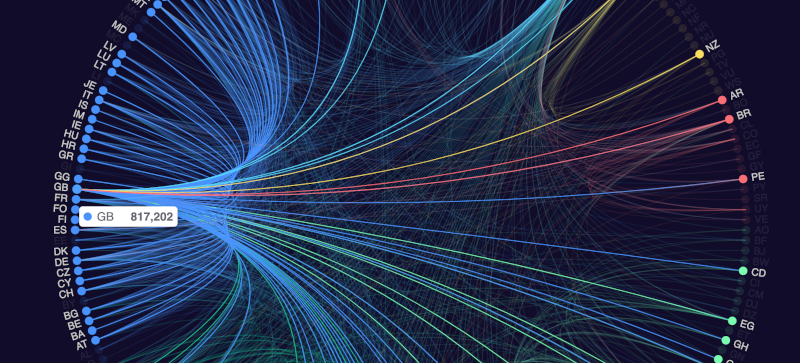
Have you ever noticed that some websites can figure out, at least roughly, where you are? Sometimes they use it to find you a closer content provider. Or they might block you from seeing certain things while offering you other things specific to your location. This is possible because there are databases that map IPs to locations. [Mark Litwintschik] looks at using those databases from an API or downloading them into your own database. He also shows some very large database queries, which is interesting, too. He uses IPInfo, although there are other providers. Some only provide a limited number of lookups, but there are plenty of free tiers for low-volume usage.
The database changes every day. Of course, each provider has a different way of getting data, and so there are differences. [Mark] compares the IPInfo dataset against MaxMind’s also free database. That involved comparing over 3 billion records! Actually, the 3 billion are the number of IPs that matched up in both databases. There were an additional 118 million that didn’t match and 34 million that were not in the MaxMind database.
Of course, of the ones that didn’t match it is hard to say which one was correct. As [Mark] mentions, IP address get sold — they are worth about $45 each, he says — so an IP that is in Texas one day might be in Johannesburg tomorrow.
What would you do with this data? Beats us. Maybe your home automation system wants to reject IPs from outside your country. Perhaps your robot needs to show a different user interface based on the remote requestor’s location. Tell us your thoughts in the comments.
We are surprised the value of the vanishing IPV4 addresses isn’t higher. Of course, that’s partly because your IP address isn’t always the one the rest of the world sees.
0 Commentaires